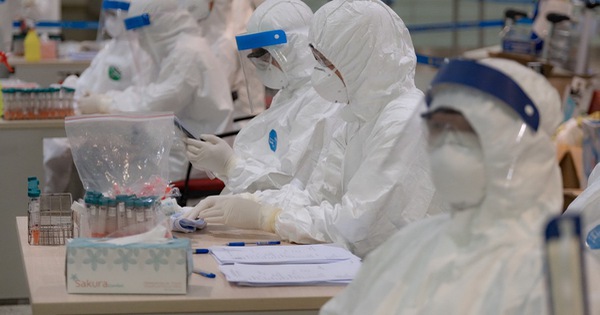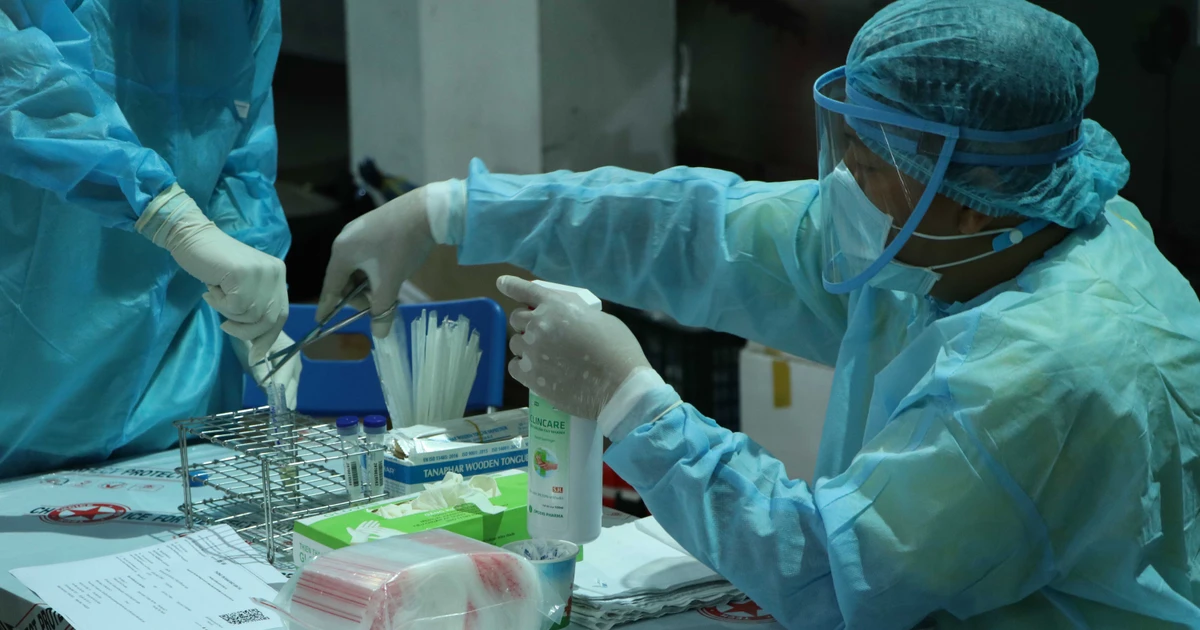- Biển số
- OF-533702
- Ngày cấp bằng
- 24/9/17
- Số km
- 5,395
- Động cơ
- 262,342 Mã lực
Xét nghiệm lần 1 "dương tính yếu", còn đợi xét nghiệm lại cụ ơi:Lên báo rồi thì khó giả lắm cụ ơi.
https://dantri.com.vn/suc-khoe/chua-xac-dinh-mau-xet-nghiem-tai-benh-vien-fv-duong-tinh-voi-covid-19-20200701171017313.htm


 .
.








